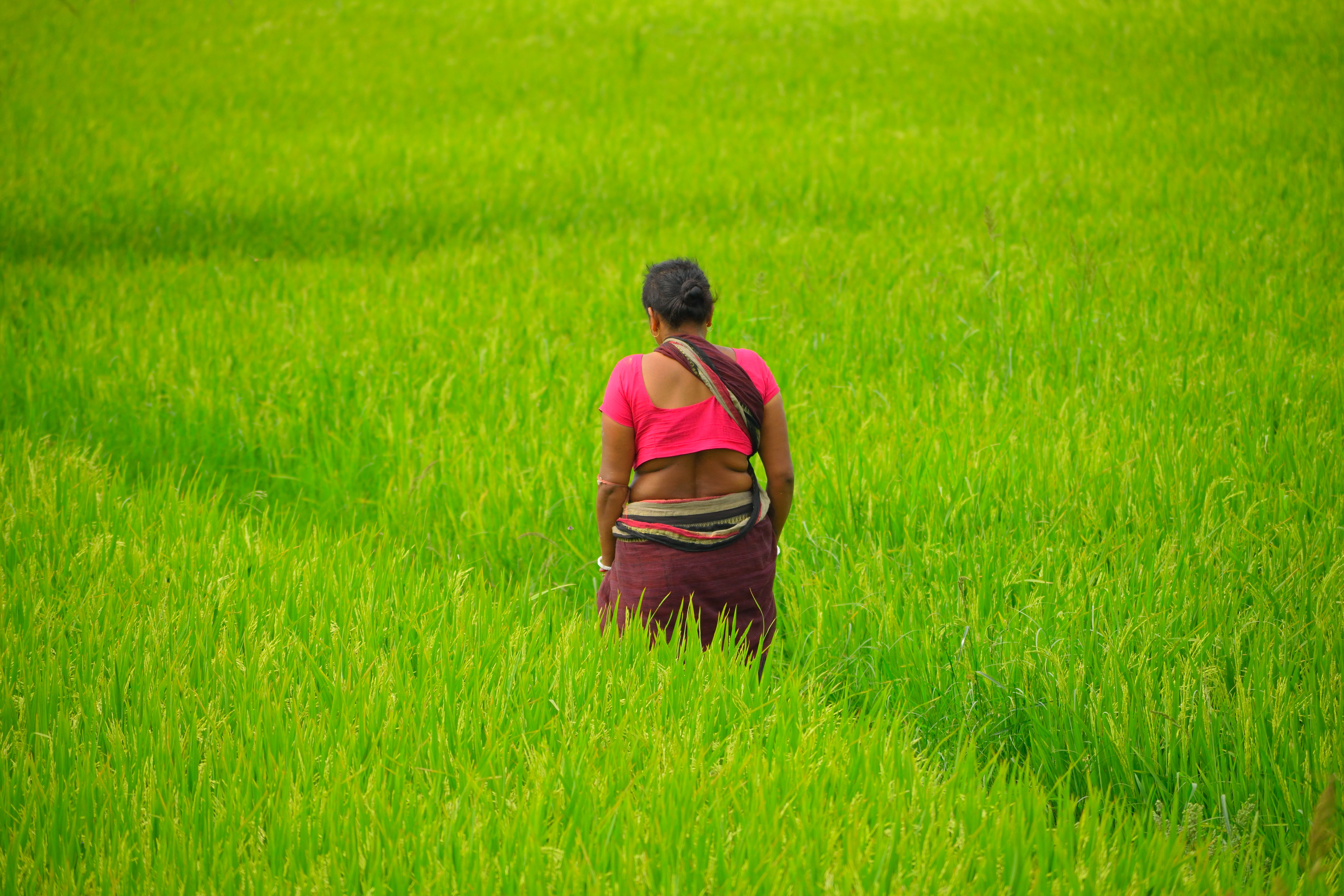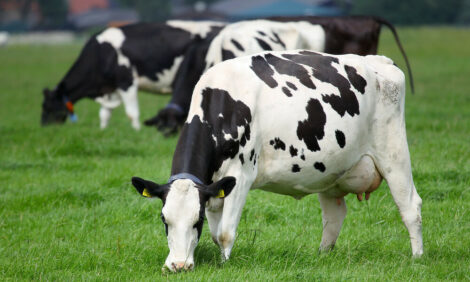



A Thai landfill has been converted to an urban farm to feed the poor during COVID-19
An urban farm developed on a former landfill site in northern Thailand has boosted the food security and livelihoods of poor families during the coronavirus pandemic – and can be a model for unused spaces in other cities.The Thomson Reuters Foundation reports that the farm in Chiang Mai, about 700 km (435 miles) from the capital Bangkok, took shape during a nationwide lockdown to curb the spread of the coronavirus last year, when many of the city's residents lost their tourism-dependent jobs.
Supawut Boonmahathanakorn, a community architect who works on housing solutions for Chiang Mai's homeless and informal settlers, approached authorities with a plan to convert the unused landfill into an urban farm to support the poor.


"We had previously mapped the city's unused spaces with an idea to plant trees to mitigate air pollution. The landfill, which had been used for 20 years, was one of those spaces," he told the Thomson Reuters Foundation.
"Poor families spend more than half their earnings on food, so when their incomes dried up, they were struggling to feed their families. This farm has been a lifeline for some of them," he said, pointing to neat rows of corn and morning glory.
Coronavirus lockdowns worldwide have pushed more city dwellers to grow fruit and vegetables in the backyards and terraces of their homes and forced authorities to consider urban farming as a means to boost food security.
In Chiang Mai, after authorities approved the farm plan, an appeal on social media resulted in donations of plants, seedlings and manure from residents, Supawut said.
With diggers loaned by the city, Supawut and his team cleared some 5,700 tonnes of rubbish on the 4,800 square-metre (0.48 hectare) plot that lies next to a canal and a cemetery.
The land was levelled, and a rich topsoil added to offset the degraded soil. The farm opened to the community in June.
About half a dozen homeless families, students from a public school and members of the public grow eggplant, corn, bananas, cassava, chilli, tomatoes, kale and herbs, Supawut said.
"In cities, we have lost our connection with food production, but it is a vital skill," he said.
"Urban farms cannot feed an entire city, but they can improve nutrition and build greater self-sufficiency especially among vulnerable people. They are important during a pandemic - and even otherwise," he added.












